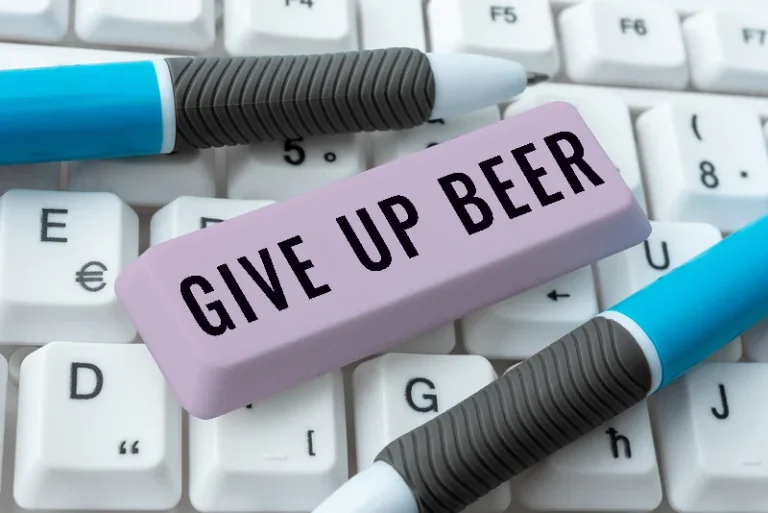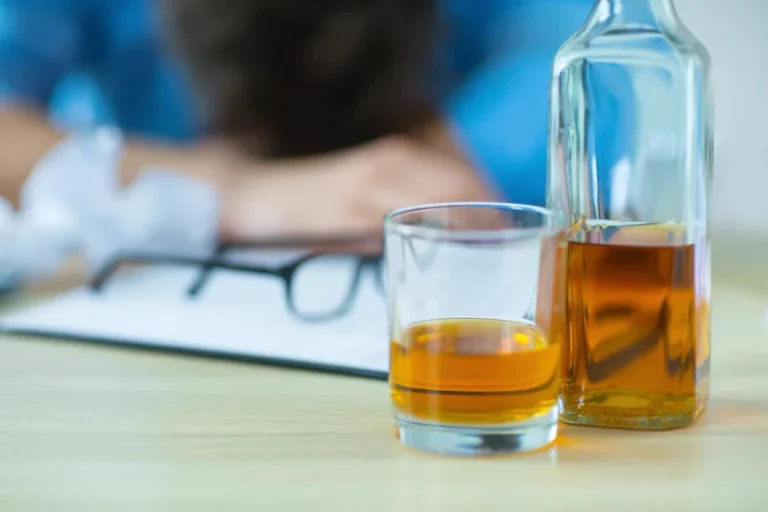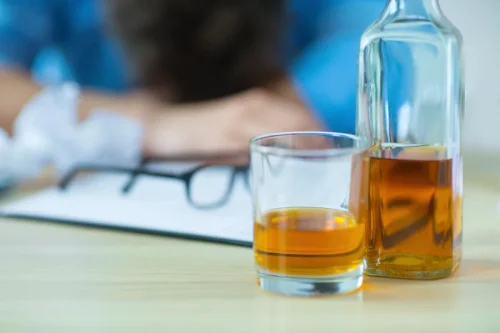
Perhaps, but they are exceptions to the rule and cannot be role models. If they respond well then the next thing to do going back to drinking after being sober is to remove any alcohol from the home and encourage them to call their sponsor or therapists. It is crucial that you don’t come across as pushy or make them feel guilty as this will simply add to their stress and could cause them to continue drinking. Be supportive until they feel comfortable enough to regroup and seek the help they need. If they are in an uncontrollable state then get in touch with us and we can advise you on the best course of action. If you are reading this because you have a loved one who has had an alcoholic relapse, then don’t panic.

The Power of Abstinence: Why Many Choose Sobriety for Life
- It encompasses a spectrum of behaviors ranging from binge drinking to physical dependence on alcohol.
- These behaviours are common and difficult to control, so they can occur at any point in the recovery process.
- The interplay of these factors makes alcoholism a complex disease that requires a multifaceted approach to treatment and understanding.
- Loved ones who’ve supported you through your journey to recovery may feel hurt, betrayed, or worried about your well-being.
You don’t have to stay sober forever, but you should make decisions that are beneficial to your health and safety. If you know that your drinking has previously hurt your health, career, or relationships, it’s best to continue to stay sober. If you’ve been in a program, immediately connect with your counselor, therapist, support group, or mentor.
Unresolved Childhood Trauma: What Happens When You Don’t Heal
By treating both conditions simultaneously, Harmony Ridge Recovery ensures that patients have the tools they need to manage their mental health and maintain sobriety. In summary, the concept of controlled drinking in the context of alcoholism is fraught with complexities and divergent opinions. While it offers a potentially less daunting goal than absolute abstinence for some, it also carries significant risks that cannot be overlooked. The debate underscores the importance of personalized approaches to recovery, taking into account the unique circumstances, risks, and resources of each individual. While some people may be able to drink in moderation again, some won’t, and that’s okay. The decision to drink or stay sober will depend on your history with alcohol, your progress in treatment, your mental health, and your long-term goals.
#2: Relapse is a failure

I know that when I wake up from them, they never make me want to go out and get a drink. Rather, the exact opposite happens, they make me feel extremely grateful that I’m sober and that I don’t have to live like that anymore. As time has gone on, I have fewer dreams about booze, and they don’t usually involve the actual act of drinking anymore. Now, when I have drinking dreams, it’s usually the day after drinking and I have all the feelings of guilt, shame, disappointment, and anger. The feelings of self-loathing are overwhelming, and even though I feel relieved when I wake up and realize it was a dream, I have trouble shaking them. When I was in early sobriety, I had drinking dreams regularly and they always involved the act of drinking.
- They say the approach to avoid drinking altogether isn’t realistic, and it’s really a form of punishment for those who suffer from a disease.
- An early study by the NIAAA found that up to 90 percent of those with an alcohol use disorder relapsed at least once in the first four years after treatment.
- We publish material that is researched, cited, edited and reviewed by licensed medical professionals.
- Finally, it’s worth mentioning that sobriety doesn’t look the same for everyone.

The question of whether an alcoholic can ever drink again treads deep into the heart of the complexities surrounding alcohol use disorder (AUD), recovery, and the nature of addiction https://ecosoberhouse.com/article/who-sober-alcoholics-are-and-what-it-means-to-be-sober/ itself. This exploration has navigated through the biological, psychological, and social underpinnings of alcoholism, the controversial concept of controlled drinking, and the challenging dynamics of sobriety and relapse. It is evident that alcoholism is not a one-size-fits-all condition, nor is its recovery a linear path marked by a universal solution.
Featured Programs
People who become physically dependent on alcohol are alcoholics. They can have a few drinks, and stop when they feel themselves becoming too intoxicated. Unlike other drinkers, alcoholics shouldn’t drink socially. It can lean to a return in problem drinking, as one or two social drinks are likely to turn into eight or nine. As a person with an alcohol use disorder goes through detox and rehabilitation, their body seeks to regain normal function and balance. This process may cause intense withdrawal effects initially, which usually lessen over alcoholism symptoms time.
By implementing these strategies, you can contribute positively to their recovery journey and help create a stable foundation for long-term sobriety. The Reframe app equips you with the knowledge and skills you need to not only survive drinking less, but to thrive while you navigate the journey. Our daily research-backed readings teach you the neuroscience of alcohol, and our in-app Toolkit provides the resources and activities you need to navigate each challenge.

